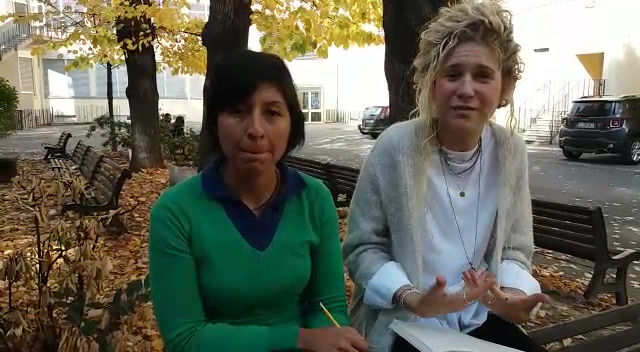Resilience guardians
MIDDLE EAST
Description
The 'Resilience guardians' program works around the concept of resilience, by transferring the feasibility of this term, originally used in physics, to the psycho-social field, where it indicates the ability to adapt and resume the journey in adverse circumstances. Adversity can take different forms, physical or moral: the death of a loved one, illness, divorce, loss of home, abandonment of home country, natural disasters, conditions of extreme poverty or vulnerability .
The basic assumption of this project is the belief that human beings have the ability to overcome adversity, but that the support of 'resilience guardians', that could be people, but also symbolic places of affection, activities and opportunities for dialogue, allow the person to take back his life with courage and with the necessary strenght to look into the future.
“Tutors of Resilience” is a training intervention model addressed to operators, researchers and educators, to acquire the necessary skills to operate in emergency contexts and in situations of chronic vulnerability. The final goal is the elaboration of intervention techniques and programs aimed at helping local communities to face in the best possible way the effect of traumatizing situations and the adversities experienced.
The programs carried out so far have involved:
-
SYRIA: 1,200 children and 28 educators in Aleppo and Nebek.
-
LEBANON: 1,400 children and 27 educators in Saida.
-
IRAQI KURDISTAN: 1,300 children and 40 educators in Erbil and Sulaymaniyah.
-
PALESTINE: 100 children and 15 educators in Bethlehem.
Syria: sport and resilience
The 'Almokhales' program, created to support the activities of Deir Al Mukhalles sport center and the community of Homs, managed by the Jesuit congregation, involves approximately 400 children, either Christians and Muslims who have experienced the dangers of war.
Children attending the center have experienced forced displacement, costing them the loss of their own network of friends and support. They witnessed bombings, have suffered or are suffering from domestic violence, and are victims of generalized violence.
The Almokhales center gives children the opportunity to have a safe and welcoming space, where they can feel alive, recreating friendship and peaceful coexistence. The center works as an after-school club, is active from 2pm to 6pm, 6 days per week and offers several socio-educational activities including: football, basketball, and aerobics.
As Father Magdi tells us, the space created by the center is fundamental because 'the other centers do not have adequate open spaces'
👁🗨 Why sport?
Sport can help because it strengthens individual and collective resources, fielding energies that help resilience. that is the strenght to face and overcome vulnerabilities .




